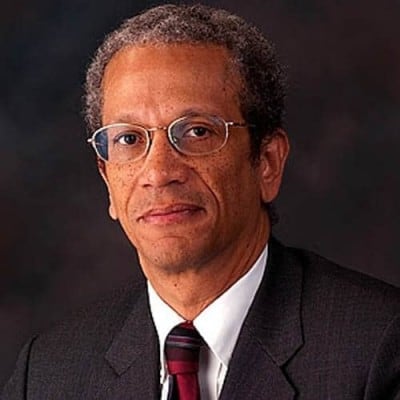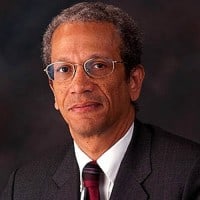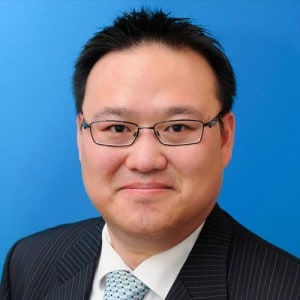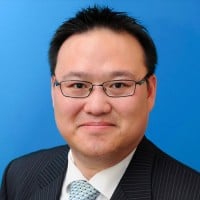

SG[ASEAN] 2018
January 31, 2018 @ 8:30 AM - 7:00 PM UTC+8
The inaugural Space Generation [ASEAN] is a one-day regional workshop for university students and young professionals in the ASEAN region. It is held in Singapore in conjunction with the 10th Global Space and Technology Convention (GSTC).
SG[ASEAN] aims to become an annual platform for the next generation of space leaders in the ASEAN region to discuss issues pertinent to the rapidly developing region. The Organising Team anticipates participation of up to 40 delegates who will represent a majority of the ten ASEAN countries.
Programme
The Space Generation [ASEAN] is a one-day event in Singapore.
Speakers
Workshops

Description
Regional cooperation in space provides benefits for participating states. These include (i) mutually beneficial pooling of resources for research and development (R&D) of space technology or cutting-edge R&D in the space environment, which can be costly; and (ii) consistency in policy and funding – when countries participate in multilateral space projects such as the International Space Station (ISS), they are typically less likely to change national space policy or withdraw funding for such projects due to commitments to international partners, as it may undermine the country’s reputation or signal weakness in project management.
However, it is well noted by observers that the Asian space scene is fragmented. This can be contrasted particularly with the European scene, which has seen the creation of a formal alliance through the European Space Agency. On the international front, a groundbreaking symbol for cooperation can be found in the ISS project which has seen close collaboration between its participating states (including USA, Russia and Japan). The Asia Pacific Regional Space Agencies Forum (APRSAF) has led a laudable effort in coordinating most of the countries in the region, and its projects such as Sentinel Asia could be seen as stepping stones to more substantial regional cooperation. However, not all Asian countries, for example most of those in the Asia Pacific Space Cooperation Organisation (APSCO) coalition, have considered participation in the APRSAF framework to be suited to their national interests.1 Thus, there exists a divergence of interests in the Asian context. This is an impediment to deeper level cooperation.
In certain quarters, some harbour hope that ASEAN could, as it has done in the ASEAN+3 and similar projects, provide a unifying platform around which Asia can truly cooperate and coordinate in good faith. However, for this idea to have any chance of fruition, ASEAN must get its act together in the space context first. It is with this latter observation in mind that this theme is proposed.
Discussion Objectives
ASEAN has taken basic steps in the coordination of space development – the ASEAN Sub-Committee on Space Technology and Application (SCOSA) has been in existence since the early 2000s. However, there could be a role for the young professional and student delegates of SG [ASEAN] 2018 to consider the bigger and longer-term picture for how the next steps should look like. As such, this Working Group will consider how to shape a Roadmap towards ASEAN Space Cooperation, and potential projects and programmes to include.

Description
One of the key concepts that has been universally endorsed by the space community in recent years is the idea of sustainability. There are many angles to space sustainability but the issues that are usually identified include: (i) sustainable development of national space industries with a diverse (in terms of gender and race) pipeline of science, technology, engineering and mathematics (STEM) graduates and researchers; (ii) sustainable development of space capabilities across developed and developing countries and (iii) a sustainable space environment that is free of space debris.
At the moment, the focal platform of discussions at the United Nations level is UNISPACE+50 which promises to chart the future of the contribution of the United Nations Committee on the Peaceful Uses of Outer Space (UNCOPUOS) to global space governance. There is considerable attention by UNISPACE+50 on sustainability issues relating to developing countries, for example promoting STEM education and women careers in space in developing countries and ensuring that developing countries benefit from space exploration and innovation. Active engagement of developing countries was expressly a key goal of the UNISPACE+50 process.
Discussion Objectives
Most ASEAN countries are developing countries and all ASEAN countries are considered emerging space states. Therefore, there is a role for the young professional and student delegates of SG [ASEAN] 2018 to discuss in greater detail our views on the sustainability issues concerning developing countries and emerging space states. As such, this Working Group will consider the perspective of emerging space states on space sustainability issues and what actions we can take going forward.

Description
The economy is influenced by long-term as well as short-term factors. While short-term factors (e.g. natural disasters, terrorist incidents and freak election results) cannot be easily predicted, long-term factors such as national policies, demographic shifts, education trends and long-term plans of major commercial actors are observable in advance.
The space industry has long been acknowledged as being high-technology, capital-intensive (especially the upstream sector) and nationally-vital, having long investment horizons (whether national investment or private investment). As such, it is a particularly challenging economy to manage or foster. It cannot be said that ASEAN states have neglected this area, with states such as Thailand, Indonesia, Malaysia, Singapore, Vietnam, Philippines and Myanmar allocating considerable government resources towards fostering a domestic space industry and economy since the 1970s. Yet, promising results are only slowly becoming regular and apparent.
Discussion Objectives
One way to forecast how the ASEAN economy (and its national space industries) will take shape in the near future is by examining long-term economic driving forces that we see today. Examples of driving forces to study include space policies, space or STEM education and capacity building, and plans of key space organisations in the region. Through this exercise, we might derive possible trajectories of the space industrial competencies that ASEAN member states could develop.
The young professional and student delegates of SG [ASEAN] 2018 will be the future leaders who will face this reality, and are well-positioned to both imagine and create the future space economy that they aspire to – one with high-quality employment opportunities, international success and influence, and a stable regional environment.
Venue
Engineering Design and Innovation Centre (E2A)
SG[ASEAN] will be hosted at the Engineering Design and Innovation Centre (E2A) in the National University of Singapore. The venue features numerous design studios, an assembly workshop, an electronics lab, and a fabrication lab. We will be using the design studios mainly for the working groups and discussions. The venue is generously sponsored by the National University of Singapore.
Address: 5 Engineering Drive 2, Block E2A Level 3, Singapore 117579
Bus Stop: “Computer Ctr”, ID: 16189
Look out for signs to guide you from these places.





























